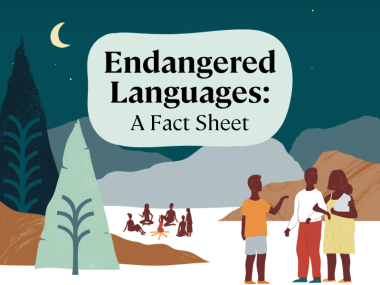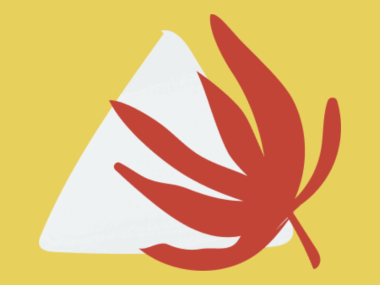This guide was developed to serve as a resource for educators, families, communities, schools, school systems, and educational institutions from early childhood through higher education in developing educational settings and systems that are culturally-relevant and culturally-responsive. It is meant to create educational contexts that attend to the needs of students, families, communities, and schools by grounding education in the context of a particular place, developing ‘cultural standards’ that are relevant to that place. Its focus is on grounding education in Indigenous languages and cultures, making education culturally-relevant in order to nurture the well-being of students, families, educators, schools, and communities. Its five sections include: Cultural Standards for Students; Cultural Standards for Educators; Cultural Standards for Curriculum; Cultural Standards for Schools; Cultural Standards for Communities.
The guide was developed by Alaska Native educators to serve as a resource for educators (Native and non-Native), schools, communities, and the education bodies that work in/with these communities in providing culturally-relevant, culturally-responsive education. It has been endorsed by a wide diversity of Alaska Native education initiatives, networks, school systems and structures across the state of Alaska. While it was developed with a focus on the context of education in the state of Alaska, with a particular focus on Alaska Native students, educators, schools, and communities, it is a very useful resource for other communities who seek to ground their education and schools in culturally-relevant and culturally-responsive considerations. The cultural standards developed here are being used as a framework for other Indigenous communities globally who are interested in developing their own cultural standards for education in their own communities.
Download the guide at: https://www.uaf.edu/ankn/publications/pdfs/CulturalStandards.pdf
Find more information at:



